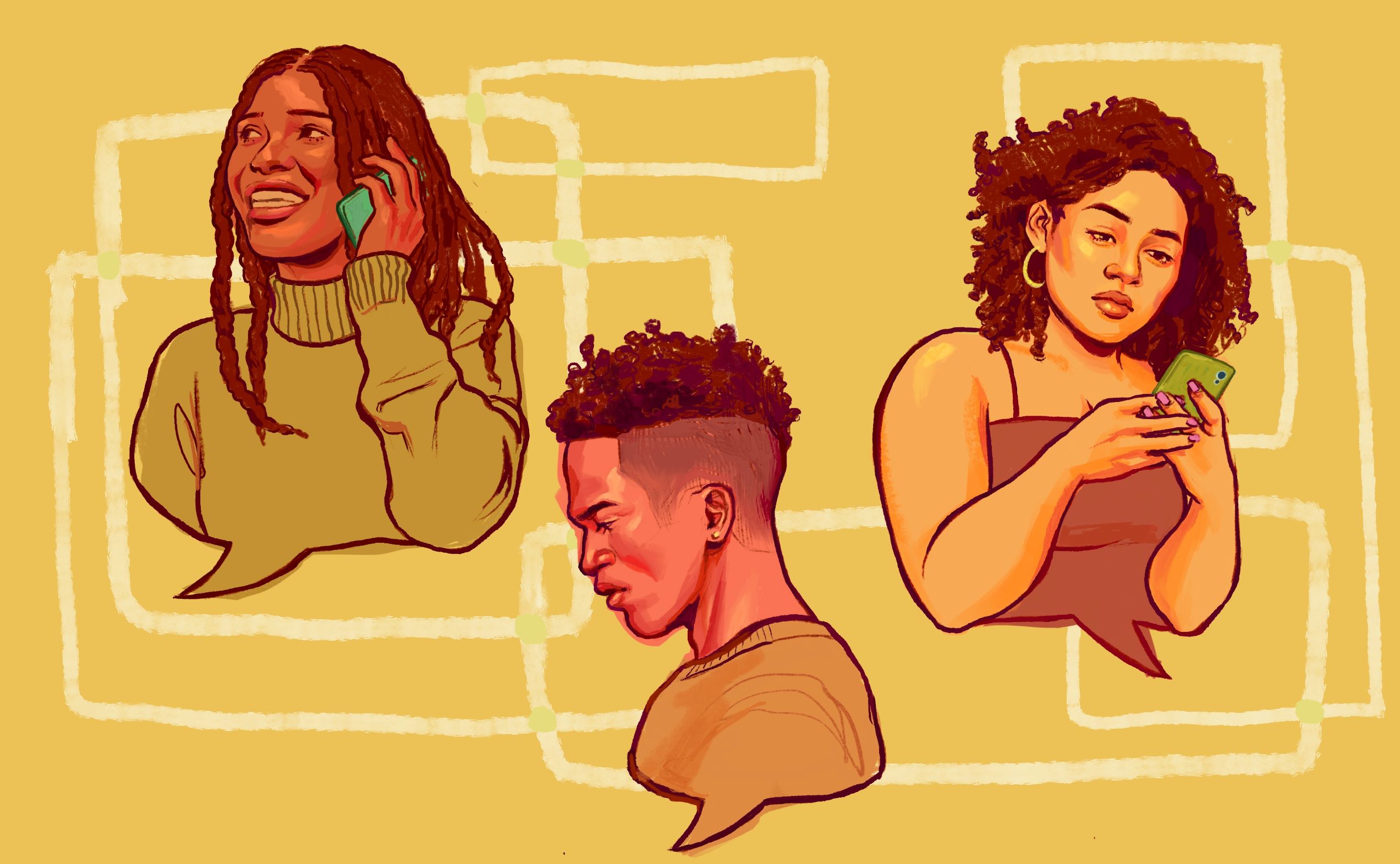The Office of the Provost and Vice-Principal (Academic), the Social Accountability and Community Engagement Office (SACE) in the Faculty of Medicine and Health Sciences, and the McGill initiative Supporting Young Black Students (SYBS) hosted “Black Mental Health Matters,” held virtually on Feb. 10. As part of McGill’s Black History Month 2021, the event consisted of a presentation on mental health, a panel discussion, and a conversation centered around mental health in the Black community.
The presentation was given by Maureen Owino, who resides in Toronto, but joined the Zoom event from Nairobi. Owino is a first generation immigrant who is currently a PhD student at York University studying the impact of the HIV/AIDS and COVID-19 pandemics on Black communities in Canada. Owino is also a program coordinator for the Committee for Accessible AIDS Treatment in Toronto.
In her presentation, Owino discussed the history of racism in Canada, transgenerational trauma, and the way in which anti-Black racism impacts mental health.
“Racism and anti-Black racism are policies and practices rooted in Canadian institutions,” Owino said. “This can be understood through education, health care, and justice that mirror and reinforce beliefs, attitudes, prejudice, stereotyping, and discimination towards people of Black-African descent.”
Owino continued by speaking about her traumas of experiencing systematic racism. She shared several first-hand experiences as a Black immigrant in Canada navigating the Canadian health care system while facing mental health challenges, despite legislation intended to protect individuals facing these issues such as the Canadian mental health acts.
“I have witnessed and experienced through my work how Black men and women, when they are in crisis, are sent to prison instead of receiving help,” Owino said. “It just shows how the Canadian mental health acts do not protect Black Canadians.”
The second part of the night consisted of a panel moderated by Leatitia Mbassegue, SYBS member and McGill first-year medical student. Speakers included Owino, Khan Bouba-Dalambaye, a councellor at Openspace Clinic, Melissa Cobbler, wellness advisor for the Faculty of Science, and Aishah Seivwright, external coordinator for Black Mental Health Connections.
The panel members spoke about their lines of work, personal experiences with mental health and racism, and how these encounters negatively affect mental health.
Throughout the talk, panelists emphasized the lack of mental health resources available to the Black community in Montreal, and more broadly in Canada, offered by Black practitioners. According to Bouba-Dalambaye and Cobbler, understanding the demographics of the mental health workers in Montreal is just one way to comprehend the disparity of Black practitioners.
Shanice Yarde, Senior Advisor: Anti-Racism and Equity Education at the Office of the Provost and Vice-Principal (Academic) played a large role in planning the event. Yarde spoke with The McGill Tribune about the evidence of systemic inequity in Montreal.
“Khan is one of two Black Anglophone male counsellors that I know of in Montreal,” Yarde said. “The lack of Black practitioners has nothing to do with a lack of knowledge, interest, or capacity, but in part, the barriers to entry to those programs that make it possible for people to be in those roles.”
The panel and community conversation also highlighted the ways that non-Black students can better support their Black peers’ mental health. Mbassegue underscored the importance of allyship in an interview with the Tribune.
“An ally stands up with no fear,” Mbassegue said. “So messaging us in private and saying ‘I am so sorry about what is happening in the world’ or ‘it must be tough’ does not help much [….] Somebody else standing up and not making us be the only one to call something out is a way to start being an ally.”
As Seivwright and Owino discussed, Black students have dealt with having their hair touched and being called names for too long.
“I think an important takeaway from this conversation for non-Black students is being willing to listen first and believe in Black people’s self determination abilities,” Mbassegue said. “We are the experts of our own experiences so we can tell you what we need, and then you can help us from there.”
For information on Black History Month 2021, check out this website.
Erratum: A previous version of this article stated that Shanice Yarde’s title is equity education advisor (anti-oppression and anti-racism). In fact, her title is Senior Advisor: Anti-Racism and Equity Education. The Tribune regrets this error.
Erratum: A previous version of this article misquoted Shanice Yarde when discussing Black mental health practitioners in Montreal. The quote has been updated. The Tribune regrets this error.









Lucy your article was very informative .We sometimes skip over the fact that racism could cause mental health with people and you illustrated in a very important way how this could happen. Look forward to reading more of your articles. Much love Savta